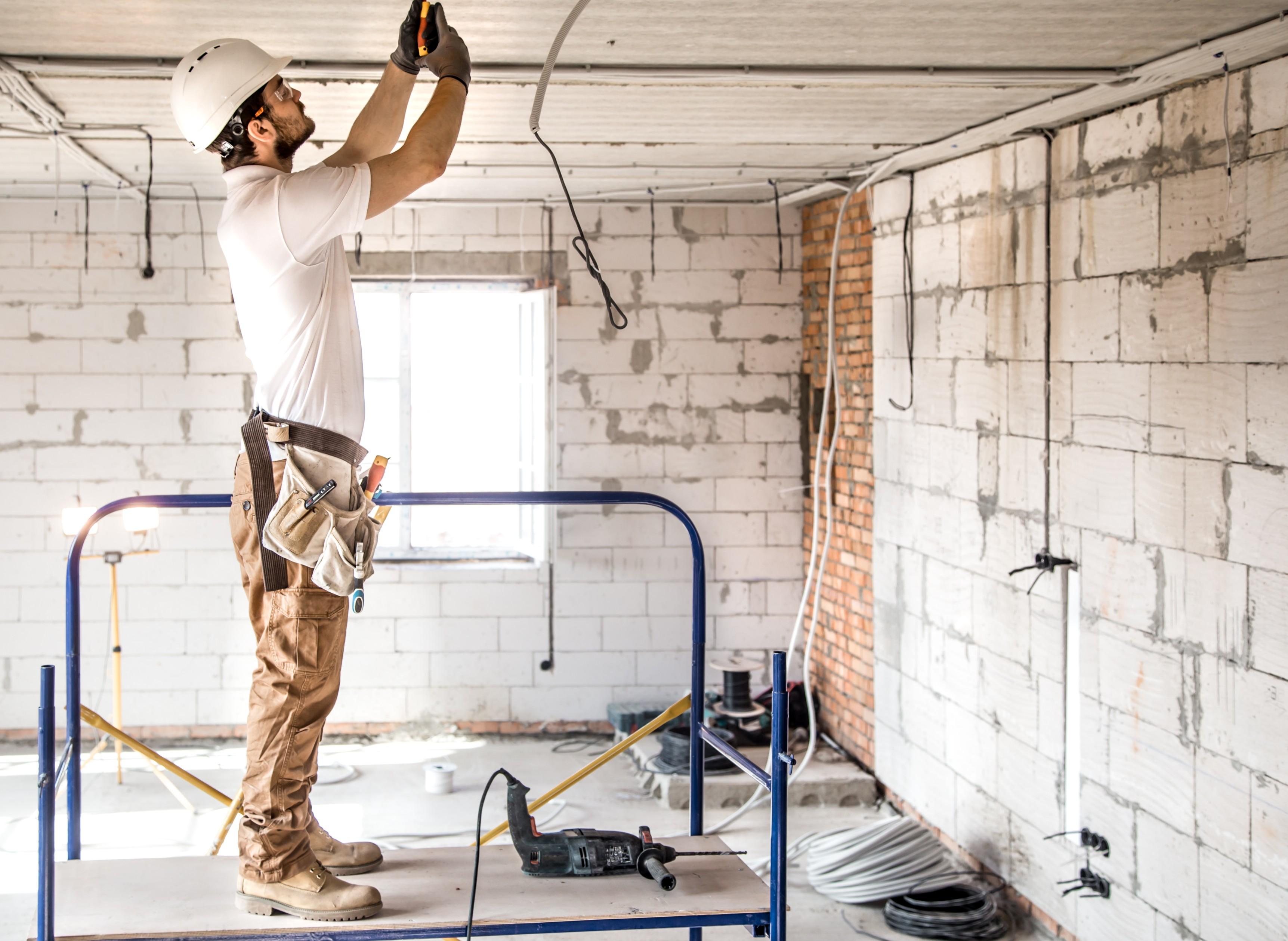إعلان مُمول
How to Track Payments to Contractor During Full House Renovation

Renovating your entire house is exciting but also a huge financial responsibility. One of the most important parts of the process is making sure you manage and track payments to your contractor correctly. Without a clear system, it’s easy to lose track of what’s been paid, what’s still owed, and whether your budget is on target.
Keeping good records not only protects your finances but also helps maintain a smooth relationship with your contractor. Below are some practical, easy-to-follow strategies for managing contractor payments during a full house renovation.
Understand Your Payment Schedule
Before you even start writing checks or sending transfers, make sure you fully understand your payment schedule. Most contractors won’t ask for the full amount upfront. Instead, payments are usually broken down into a deposit, progress payments, and a final payment.
Ask your contractor for a detailed schedule that shows how much is due at each stage of the renovation. This schedule should connect payments to milestones, such as completing demolition, installing framing, or finishing electrical work. Having this clarity will help you plan your finances and avoid surprises.
Use a Written Contract
A contract is your best safeguard during a renovation project. It should clearly state the total cost, payment schedule, and what each payment covers. Avoid making any payments until both you and the contractor have signed the agreement.
The contract should also outline what happens if there are delays or changes in the project. This ensures you won’t be caught off guard if unexpected costs arise. Keeping everything in writing prevents misunderstandings and creates a record you can reference at any time.
Create a Payment Log
One of the easiest ways to stay on top of payments is by creating a payment log. This can be a simple notebook, spreadsheet, or digital document where you record:
-
The date of each payment
-
The amount paid
-
The method of payment (check, transfer, card, or cash)
-
What stage of work the payment covers
Keeping all of this information in one place gives you a clear overview of your spending. It also allows you to quickly confirm whether you are on schedule or if something looks off.
Use Digital Tools
If you prefer a more modern approach, consider using digital tools to track contractor payments. Budgeting apps, expense trackers, or even project management software can make the process easier. Many of these tools allow you to upload receipts, set reminders for due dates, and generate reports that show how much you’ve spent so far.
Digital tracking can be especially helpful for large renovations where multiple payments are made over several months. You’ll always have access to your records, and everything stays neatly organized.
Request Receipts for Every Payment
Never make a payment without asking for a receipt. A receipt is proof that you have fulfilled your part of the agreement. Whether the payment is made by check, bank transfer, or cash, always ensure the contractor provides a written acknowledgment.
Keep these receipts together with your payment log or digital records. Having proper documentation will be invaluable if questions or disputes come up later.
Track Change Orders Separately
Renovations often come with unexpected changes. Maybe you decide to upgrade your flooring, or the contractor discovers hidden damage that needs repair. These changes usually mean extra costs, which are documented in what’s called a change order.
To keep your finances clear, track these payments separately from your original budget. Record the details of each change order, including the reason for the extra cost and the payment made. This helps you see the difference between planned expenses and additional charges, so your budget doesn’t become confusing.
Monitor Your Budget Regularly
Don’t just rely on your contractor’s updates—monitor your budget on your own as well. Compare the actual payments you’ve made against the payment schedule and your original budget.
If you notice that payments are being requested too early or the amounts don’t match the contract, bring it up immediately. Staying proactive helps you catch mistakes before they become bigger problems.
Use a Separate Bank Account
For major renovations, it can be helpful to open a separate bank account just for renovation expenses. Deposit the funds you’ve set aside for the project and use this account exclusively for contractor payments and related costs.
This strategy makes it easier to see exactly how much you’ve spent and how much remains in your renovation budget. It also prevents renovation expenses from getting mixed in with your daily spending.
Communicate Openly with Your Contractor
Clear communication is key to keeping payment tracking stress-free. If you’re ever unsure about a charge, a receipt, or a due date, ask your contractor for clarification. A professional contractor should have no problem providing detailed breakdowns and keeping records transparent.
Open discussions also help build trust. When both sides are clear about the financial process, it reduces the chances of disputes or misunderstandings later on.
Keep Everything Organized
Finally, organization is everything. Store your contract, receipts, invoices, and payment log together in a folder—either physically or digitally. This makes it easy to find documents when you need them and ensures nothing gets lost.
At the end of the renovation, you’ll have a complete financial record of the project. Not only will this give you peace of mind, but it can also be useful if you decide to sell your home and want to show proof of professional renovation work.
Final Thoughts
Tracking payments to a contractor during a full house renovation may seem overwhelming, but with the right system, it becomes manageable. Start with a solid contract, follow a clear payment schedule, keep detailed records, and stay organized throughout the process.
Important Links
Is it Cheaper to Build a House Yourself or Hire a Contractor
Should I Choose Steel Framing Over Wood Framing for My New Home
Should I Invest in Eco-Friendly Construction Materials in 2025
How Do Remodelers Estimate Project Costs
What is the Difference Between Renovation and Remodeling
What Questions Should I Ask a Remodeler Before Hiring
How Do Remodelers Handle Unexpected Issues Like Plumbing or Wiring





